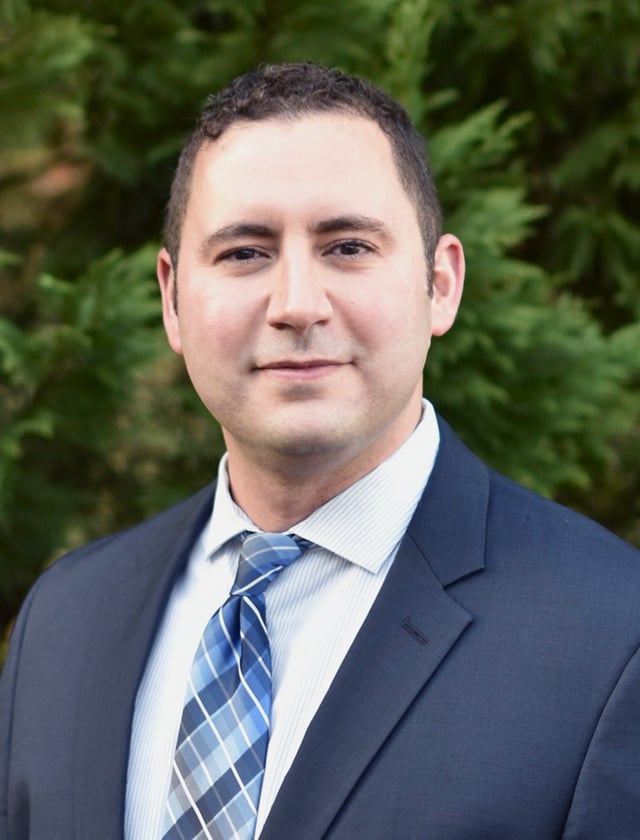Women who test positive for certain genetic mutations are at higher risk of developing breast cancer in their lifetime. As a preventative measure, many women elect to undergo a risk-reducing mastectomy for one or both breasts, followed by breast reconstruction surgery.
Prophylactic Mastectomy & Reconstruction For BRCA Positive Patients
.jpg?width=1919&height=785&name=Prophylactic%20Mastectomy%20(2).jpg)
What Are BRCA1 and BRCA2?
BRCA1 (breast cancer 1) and BRCA2 (breast cancer 2) are tumor-suppressing genes. In healthy, normal cells, BRCA1 and BRCA2 help protect you from getting certain cancers. However, mutations in the BRCA1 and BRCA2 genes interfere with them working properly, elevating an individual’s risk for breast cancer and more.
Inherited mutations of BRCA1 and BRCA2 account for roughly 3% of breast cancers (about 7,500 women per year). However, having a BRCA1 or BRCA2 mutation does not automatically mean you will get breast cancer.

What Is the Difference Between BRCA1 and BRCA2?
Women who inherit a harmful variant of either BRCA 1 or BRCA2 are at a higher risk of developing cancer in their lifetimes, compared to the risk for the general population, which is 12%. Though mutations can occur with both BRCA1 and BRCA2 genes, there are a few key differences.
BRCA1
- More common
- Comparatively higher risk when mutation occurs
- 55-72% chance of developing breast cancer by age 70
BRCA2
- Less common
- Comparatively lower risk when mutation occurs
- 45-69% chance of developing breast cancer by age 70
Can a BRCA Gene Test Determine My Breast Cancer Risk?
Testing for BRCA1 and BRCA2 mutation is possible, and undergoing a risk assessment is recommended if you have a higher likelihood of carrying a variant of either gene. Risk factors can include:
- Blood relatives with a known or likely BRCA1/BRCA2 variant
- Family history of certain types of cancer
- Personal history of certain cancers
Getting tested for mutations in breast cancer genes, either BRCA1 or BRCA2, should be done with the guidance of a genetic counselor. Testing will involve collecting blood or saliva and may be covered by insurance. Those without insurance who have financial barriers may be able to get tested at no charge. To find BRCA testing near you, we recommend speaking to your doctor about your personal risk.
Is Prophylactic Mastectomy Right for Me?
Testing positive for mutations in BRCA1 or BRCA2 can feel overwhelming. You may struggle with your decision about how to move forward. It’s important to remember that a positive test result does not automatically mean you will develop cancer. However, understanding ways to reduce your risk can alleviate some of your anxiety. One way to lower your chances of developing breast cancer is to undergo a prophylactic mastectomy.
A prophylactic mastectomy involves removing as much of the at-risk tissue as possible. Considering this, many women choose to remove both breasts. This surgery has been shown to reduce the risk of developing breast cancer by 95% in women who have a disease-causing mutation of BRCA1 or BRCA2.
Though this risk-reducing surgery is highly effective, it does not guarantee protection against breast cancer. For this reason, it is important to note that breast reconstruction will not interfere with future breast cancer treatment or screening, if needed.
While prophylactic mastectomy cannot completely prevent future breast cancer, it is still a powerful measure women can take to protect themselves.
What Are My Options for Breast Reconstruction After Mastectomy?
With our breast reconstruction procedures, we aim to restore a natural appearance that allows patients to feel comfortable in their skin. Our highly qualified surgeons recreate a woman’s breast using implants, the body’s own tissue or a combination of the two. Which procedure we use will depend on many factors, including your anatomy, your preferences and other aspects of your individual case. We offer several options, and your surgeon will discuss each one with you in depth during your consultation to help you make an informed decision.
Autologous Breast Reconstruction
Autologous breast reconstruction uses tissue from a patient’s own body to recreate the breast. This technique takes skin, fat and sometimes muscle from another place on the body—the stomach, upper back, buttocks or inner thigh—and reattaches the flap, or piece of tissue, at the site of the mastectomy.
We perform various types of autologous breast reconstruction, using pedicled flaps, where the blood supply to the flap remains attached; or free flaps, in which the blood supply to the flap is separated and reattached. Our procedures include:
- Pedicled TRAM Flap
- Free TRAM Flap
- DIEP Flap
- Latissimus Dorsi Flap
- Stacked DIEP Flap
- Non-Abdominal Free Flap
Implant-Based Reconstruction
Implant-based breast reconstruction, which uses silicone or saline implants to recreate the breast, is a desirable choice for many women. We typically perform this type of reconstruction in two stages, requiring a temporary tissue expander to first be placed in the breast pocket and then filled with either saline or air to stretch the muscle and skin to the desired volume. Once this happens, we replace the saline or air with a breast implant.
Combined Autologous and Implant Reconstruction
A combined autologous and implant-based reconstruction can be a good option for patients who do not have enough tissue to create a natural breast shape from a flap reconstruction alone. This hybrid procedure may also be preferred by some women as it helps minimize the appearance of the implant through the skin. We most commonly use implants in combination with DIEP flaps and latissimus dorsi flaps.
Contact Us Today
Our Doctors
Choosing to pursue breast reconstruction surgery when faced with a positive result for BRCA1 and BRCA2 mutations is an emotional, life-altering decision. At The Breast Center of New Jersey, our Double Board Certified reconstructive plastic surgeons are highly qualified and experienced to ensure patients receive the best standard of care.
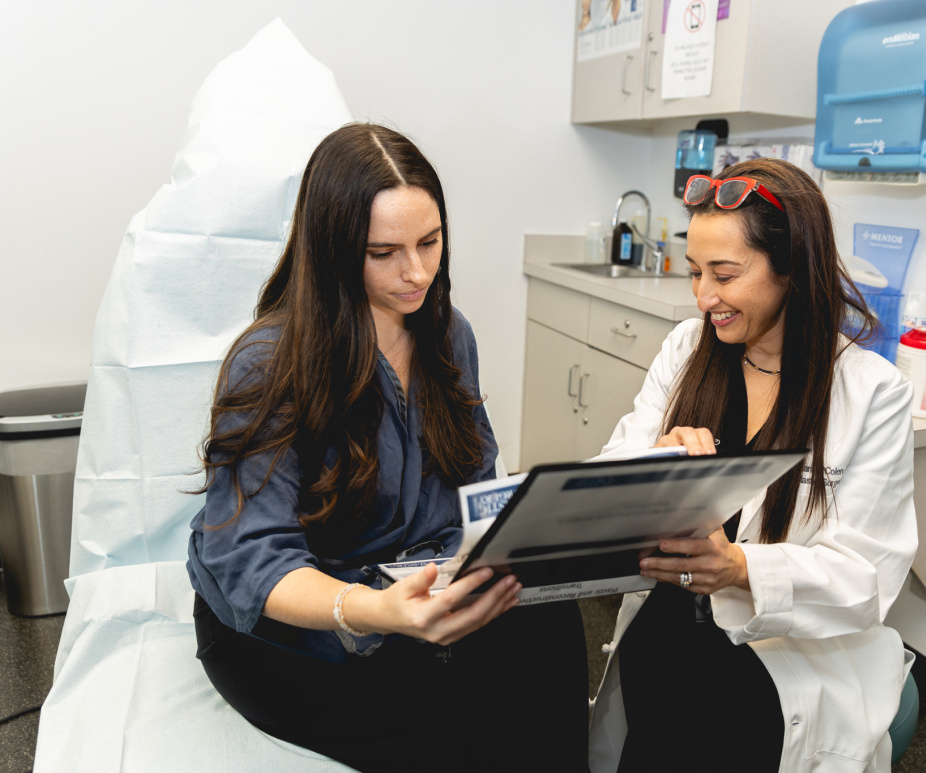
Find a Prophylactic Mastectomy & Reconstruction Surgeon in New Jersey
The Institute for Advanced Reconstruction has locations all over the nation with expert surgeons ready to help you.

%201.svg)

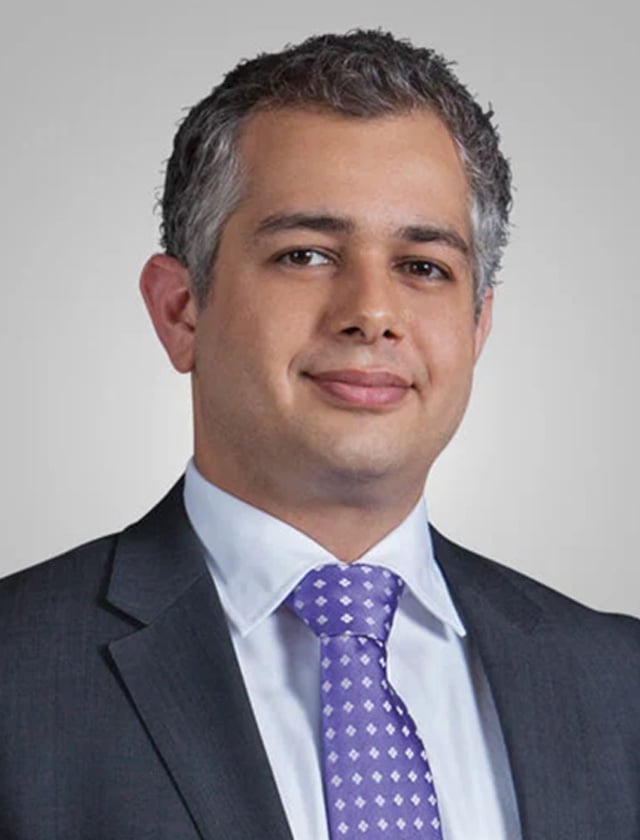
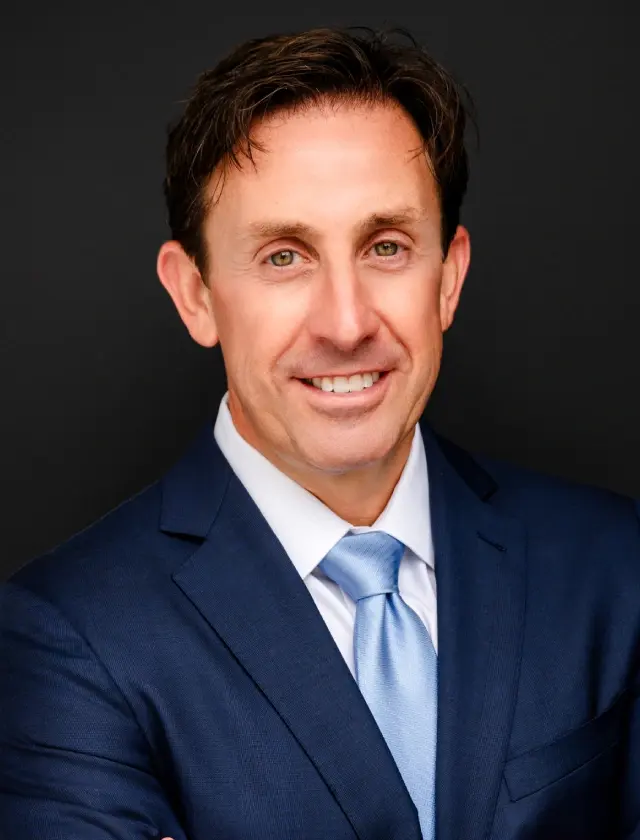
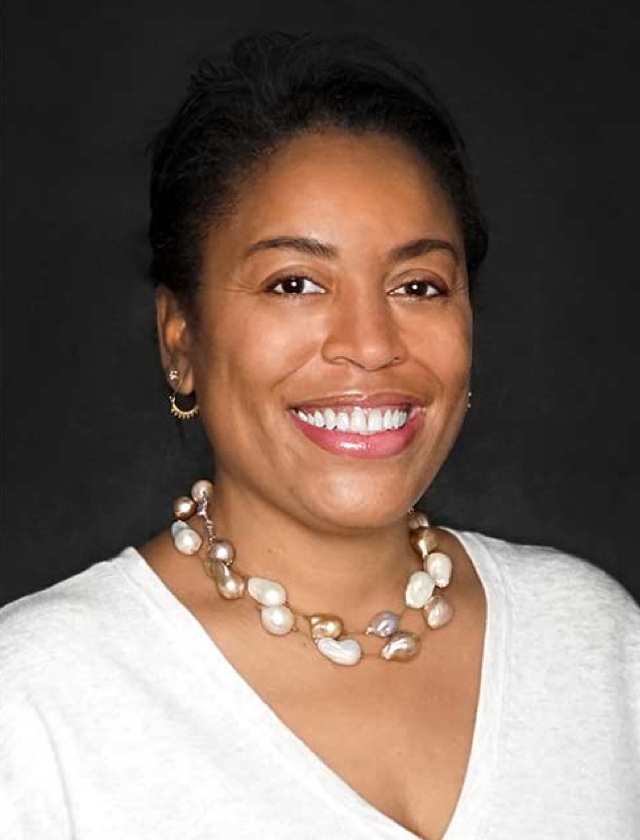

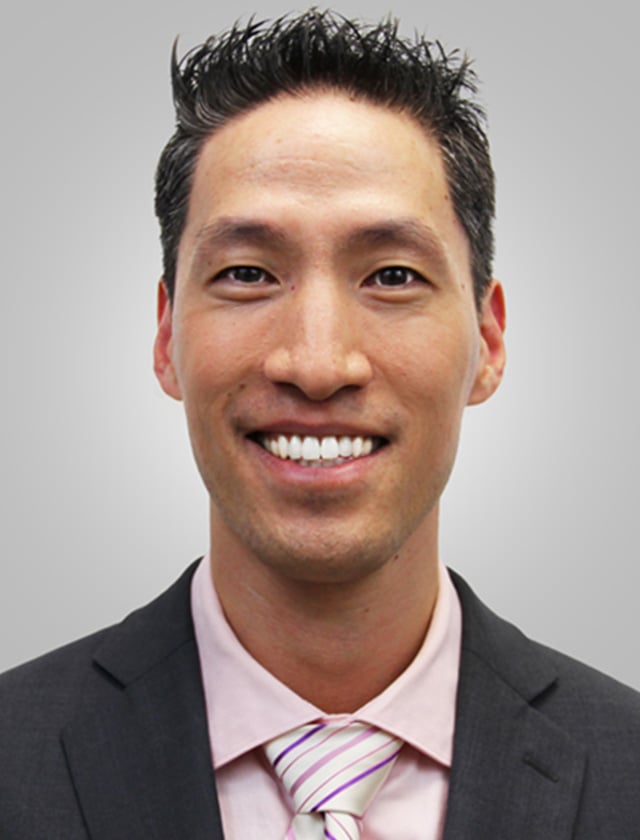
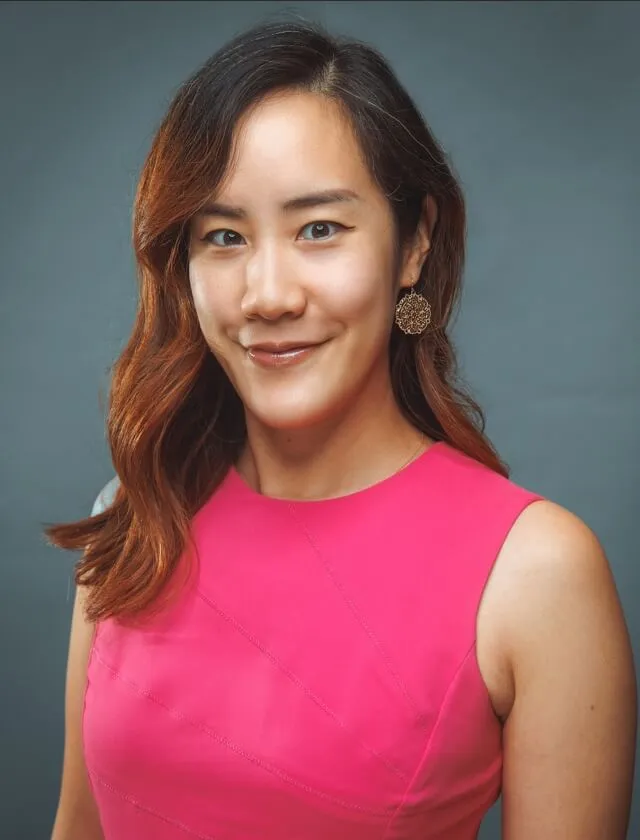
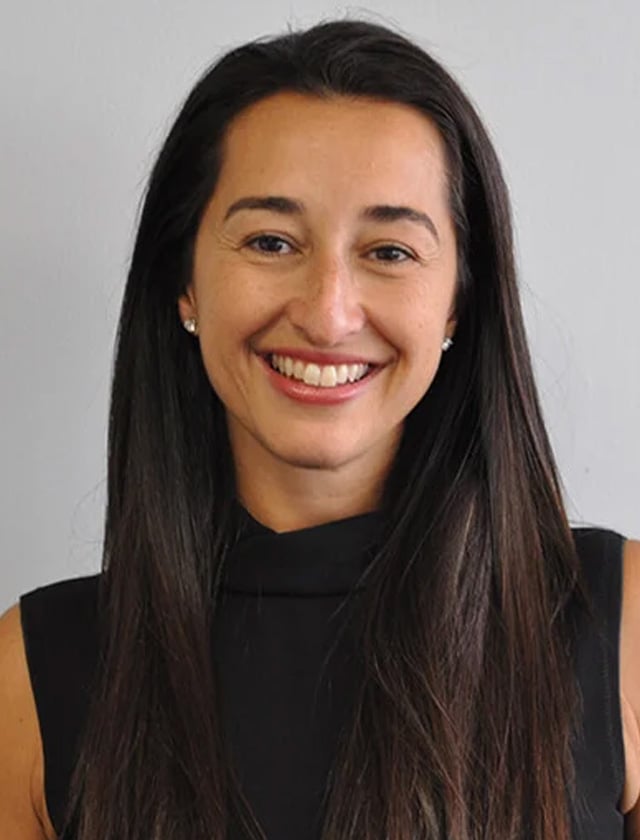
-min.png)
.webp)
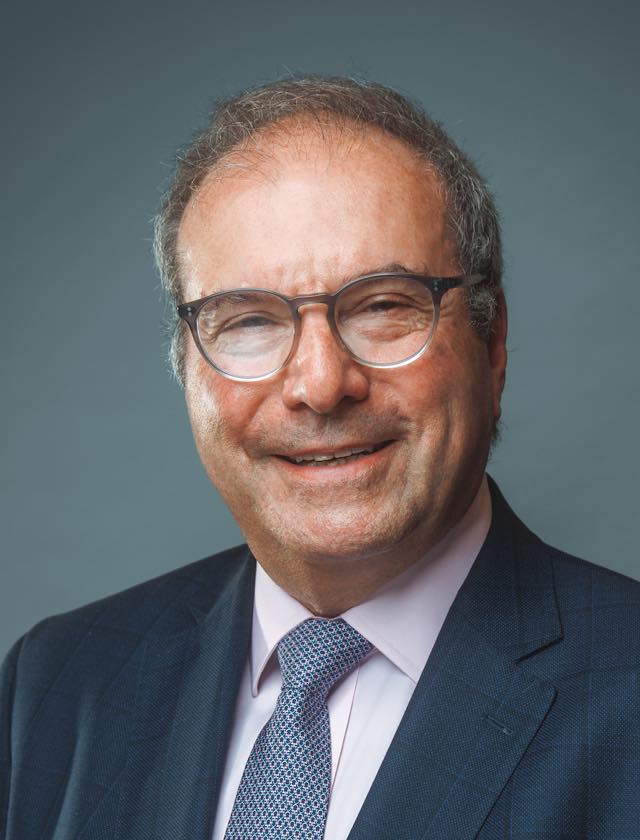
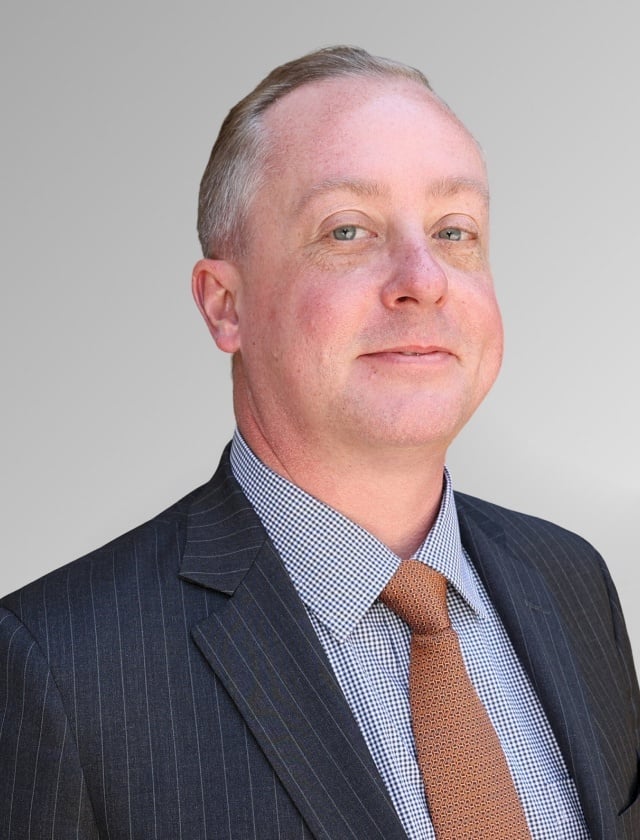
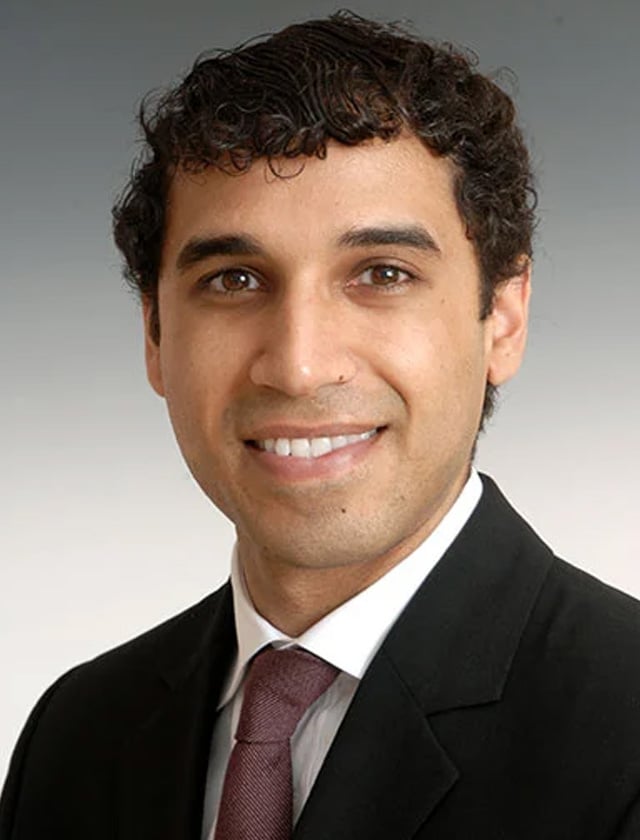
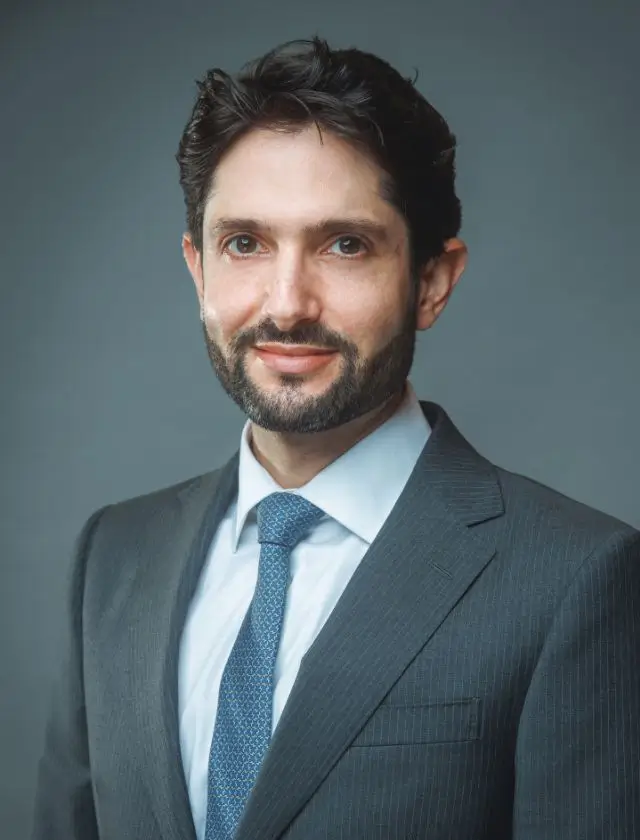
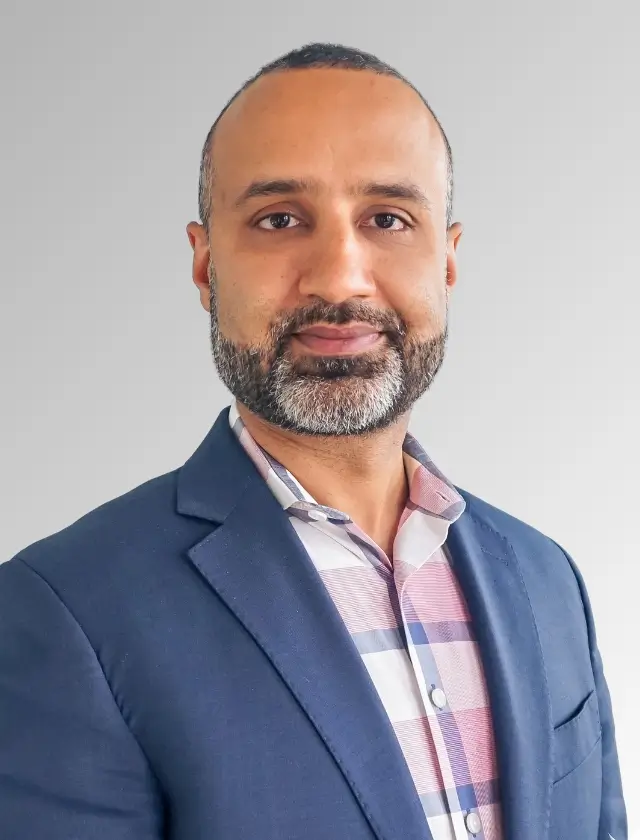
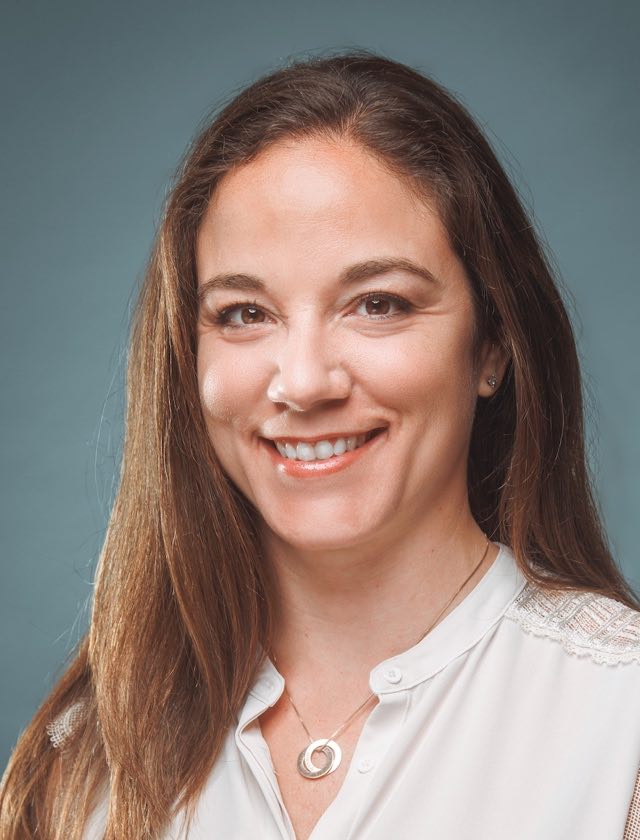
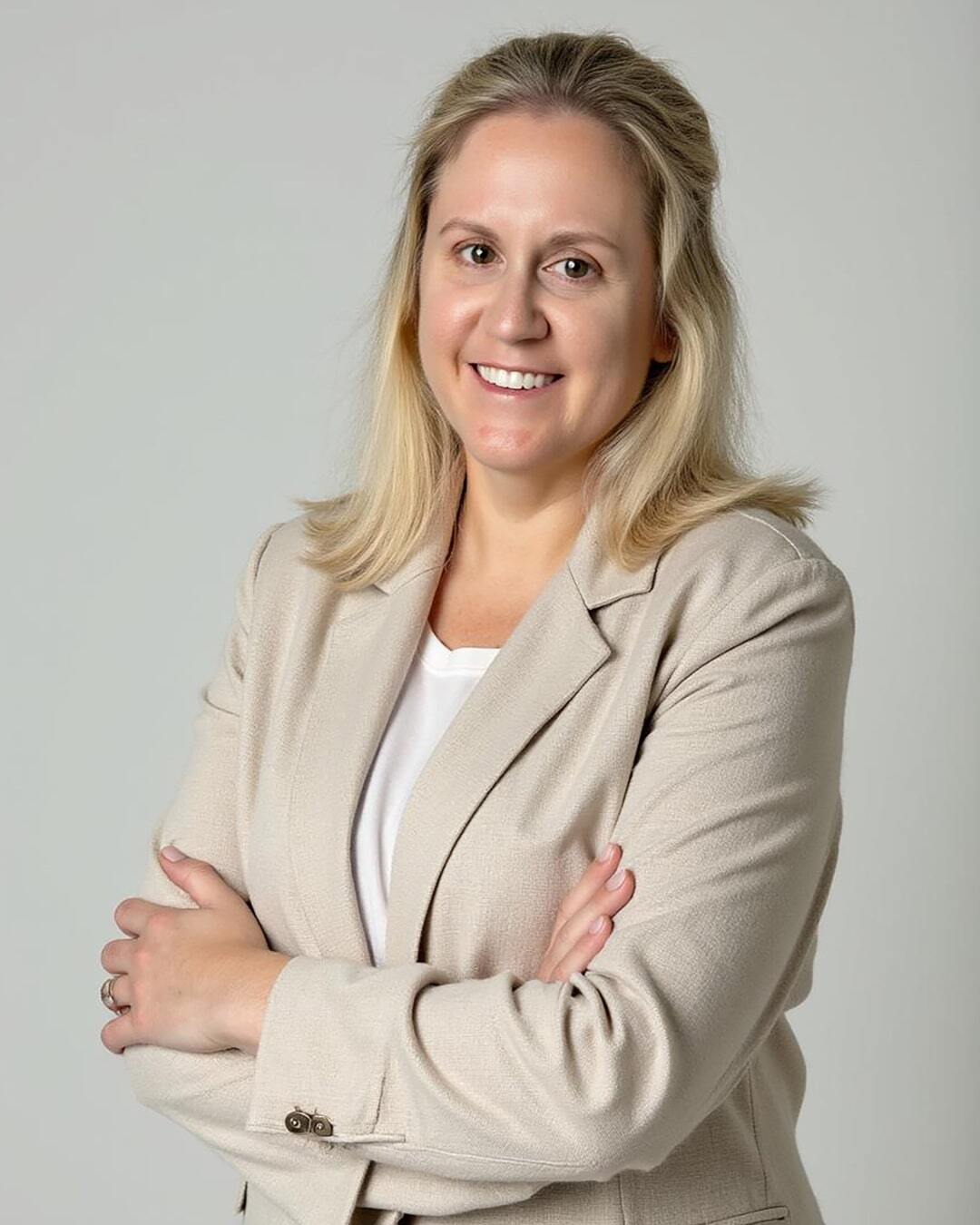
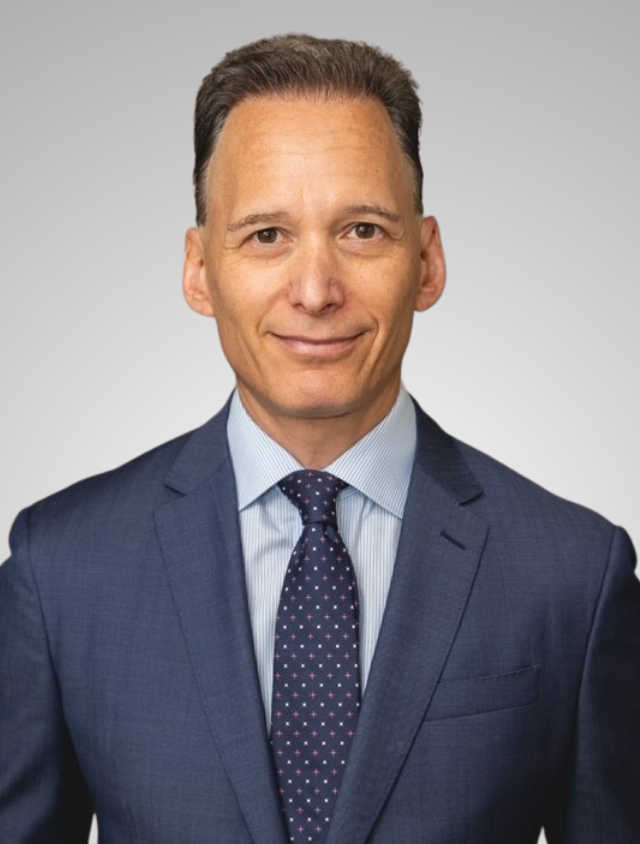
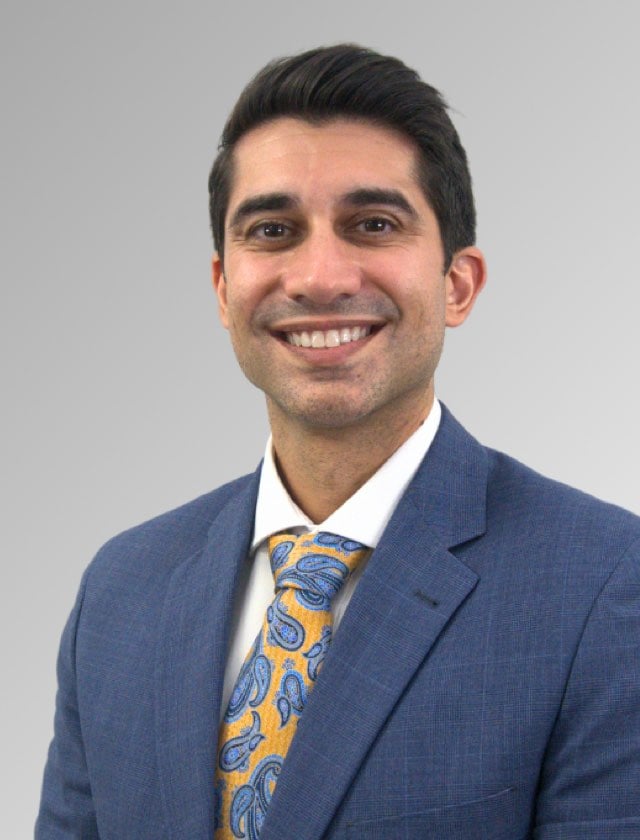
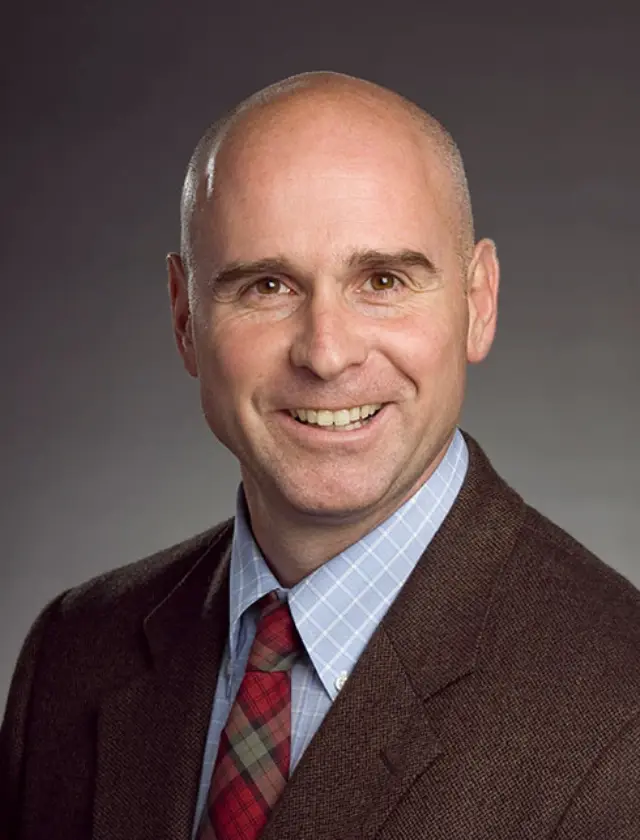
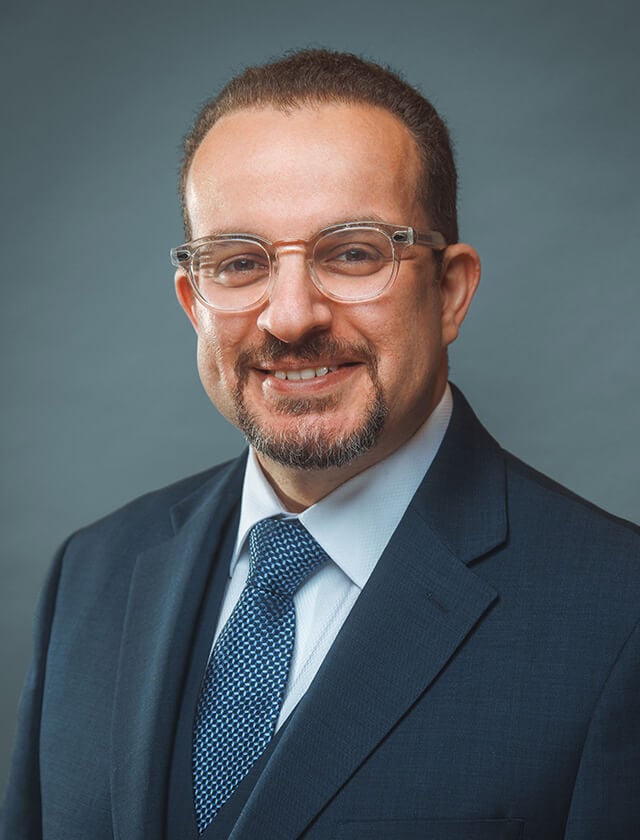
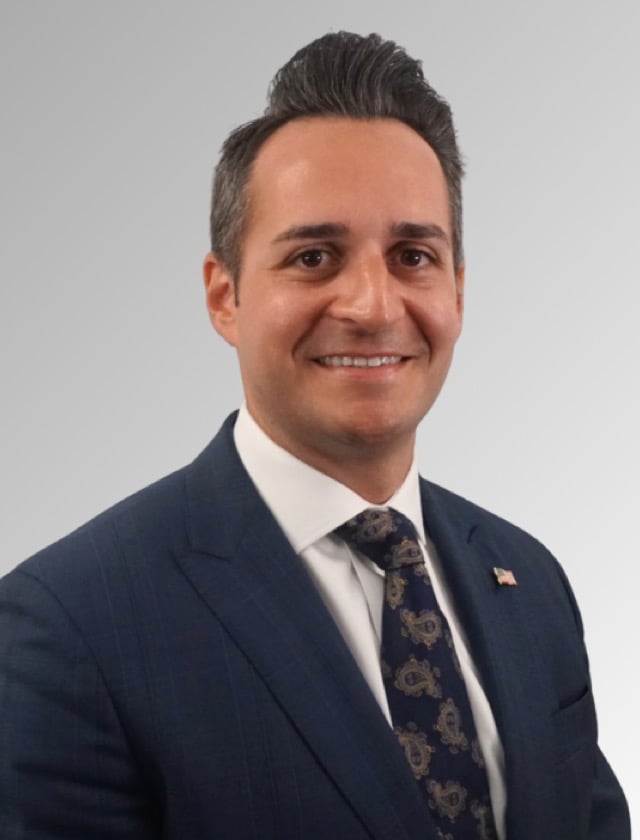
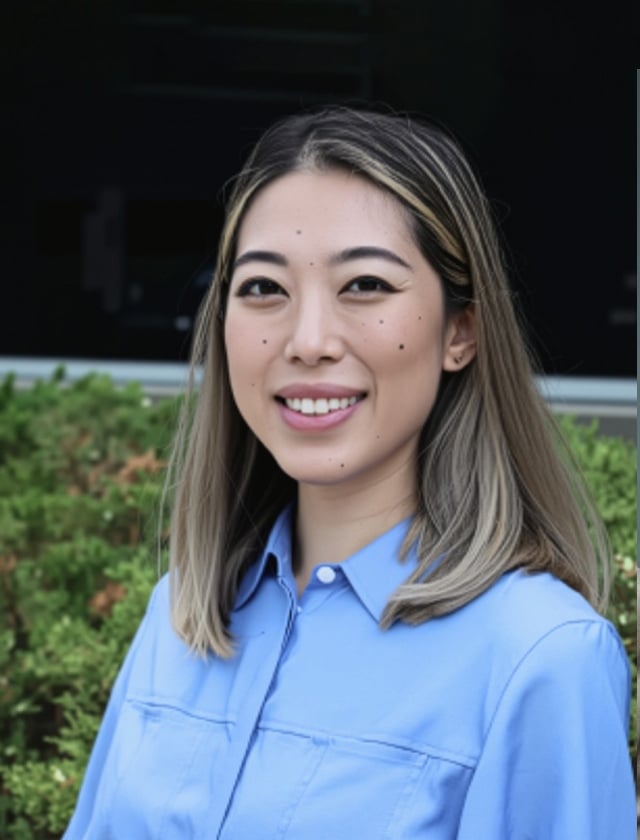
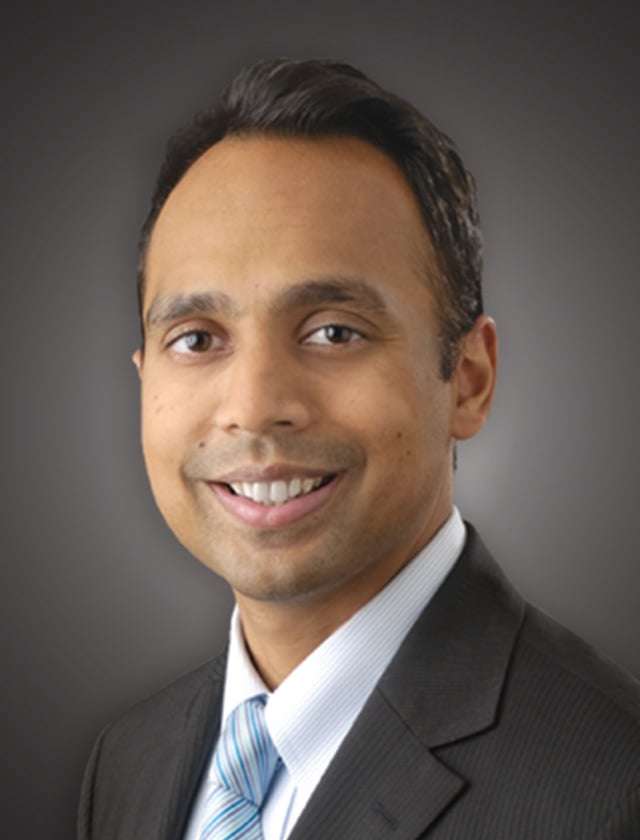
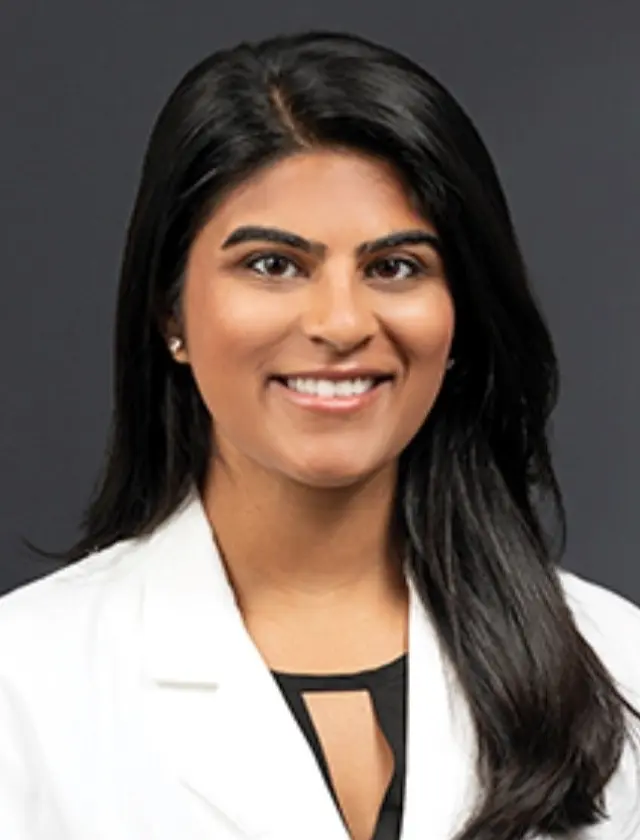
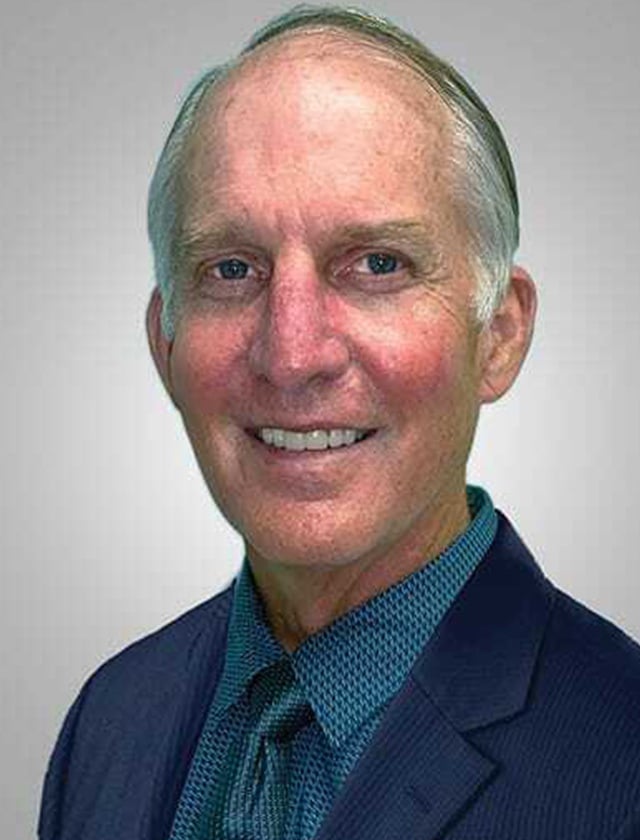
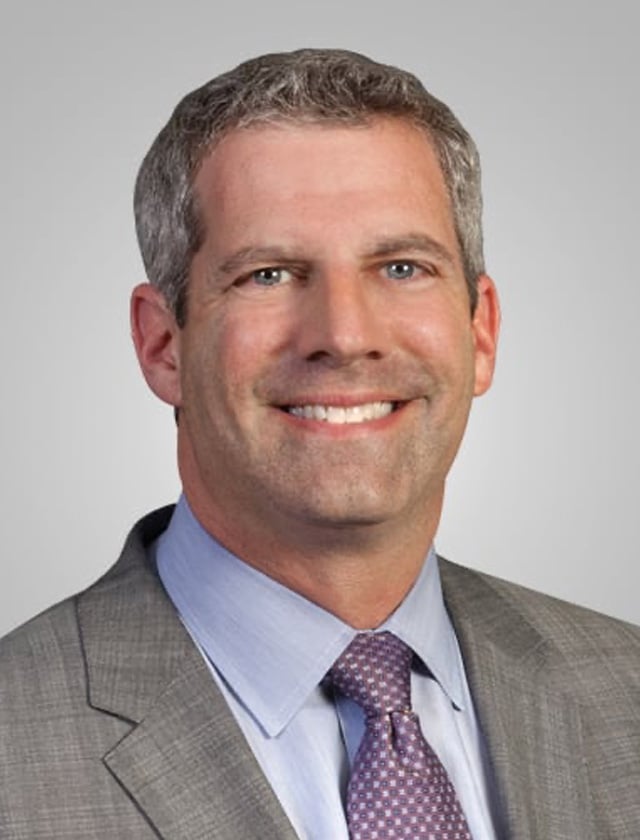
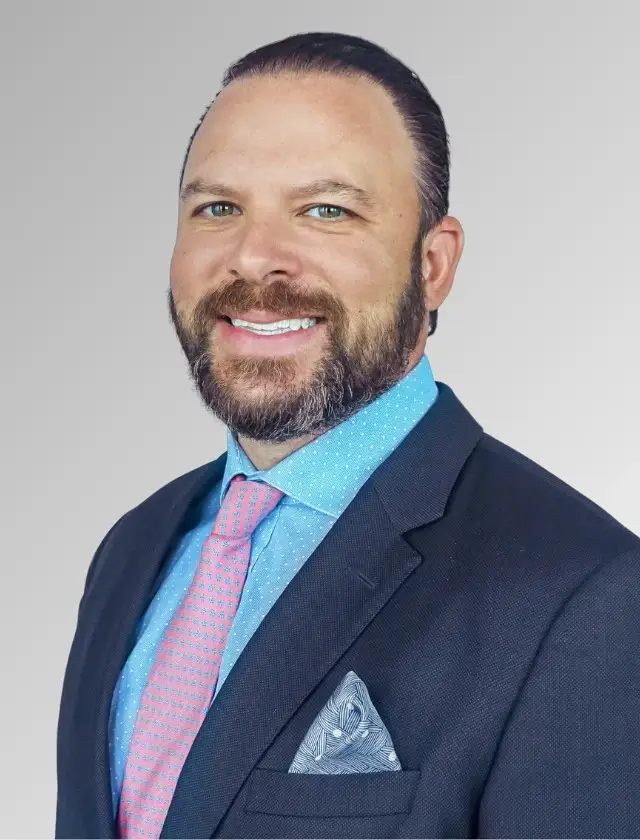
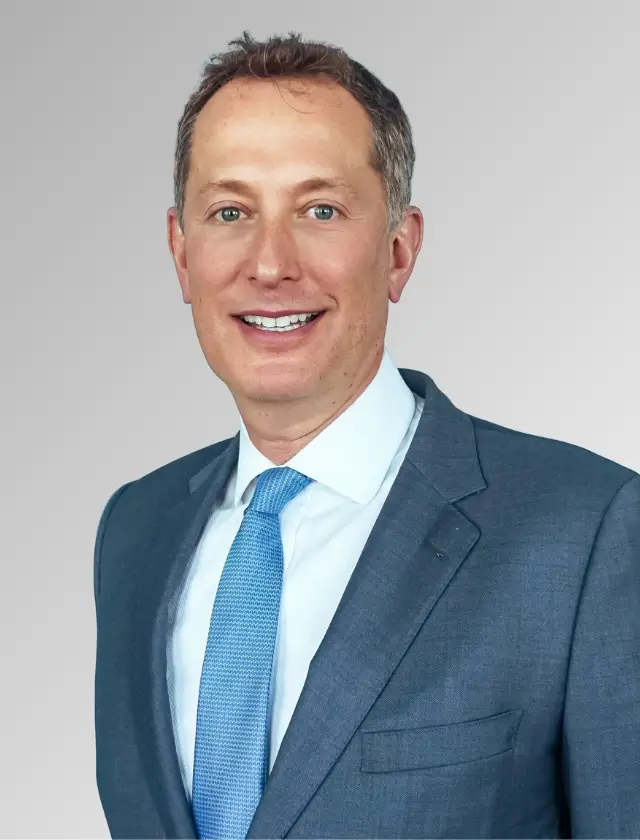
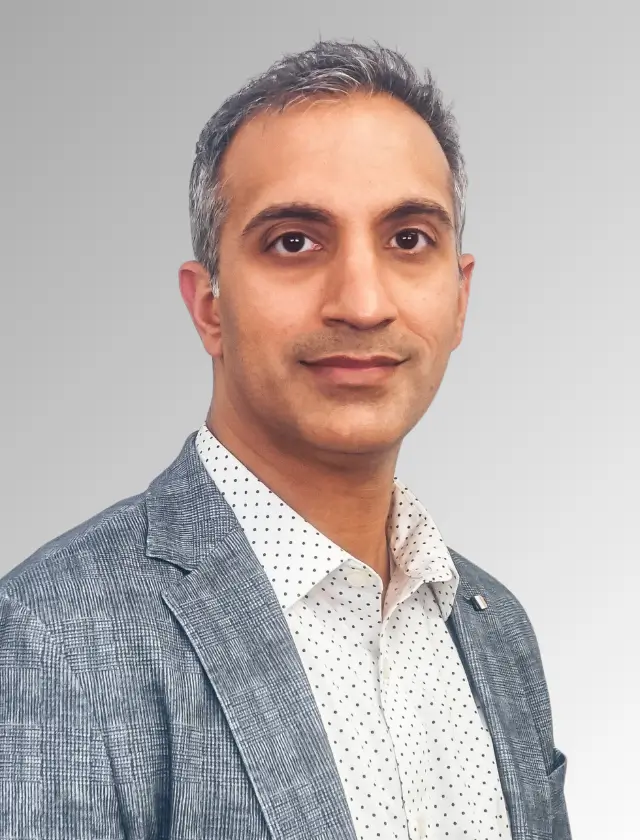
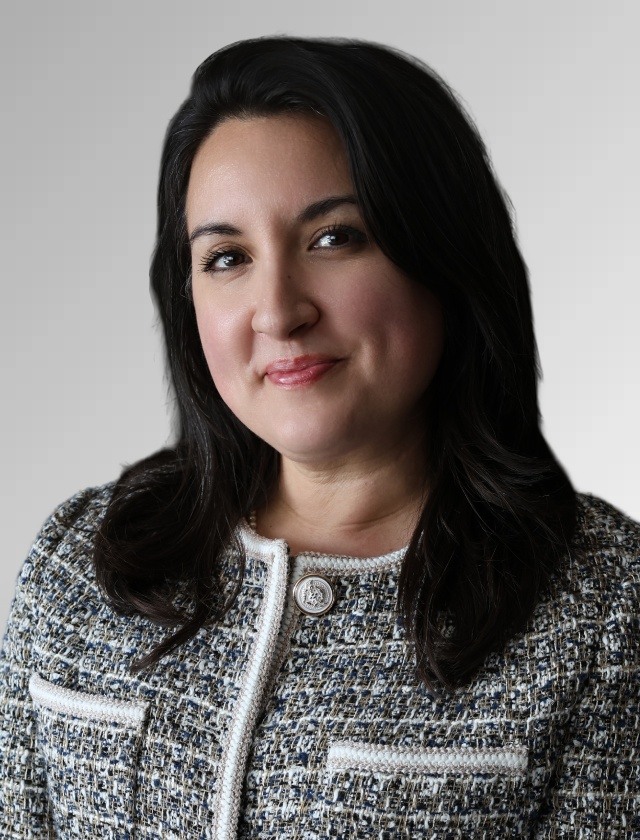

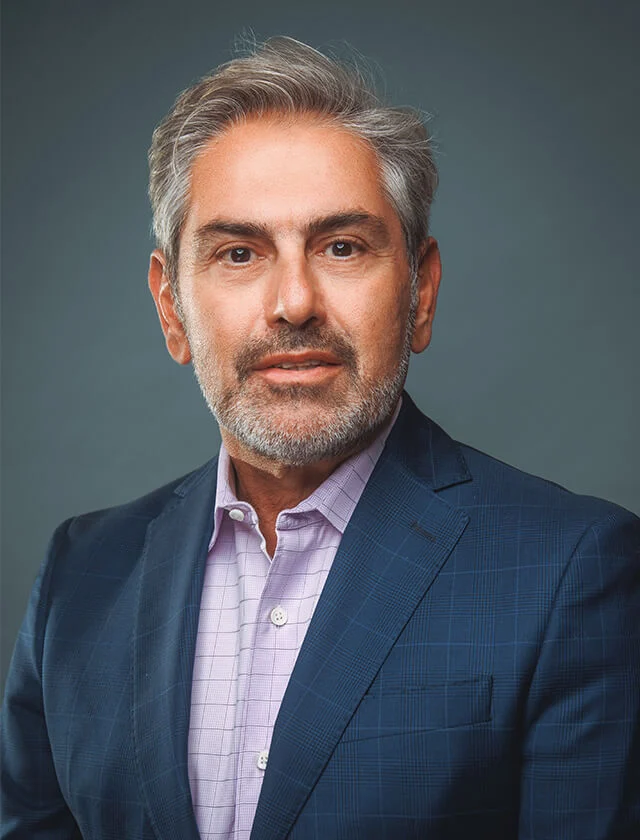
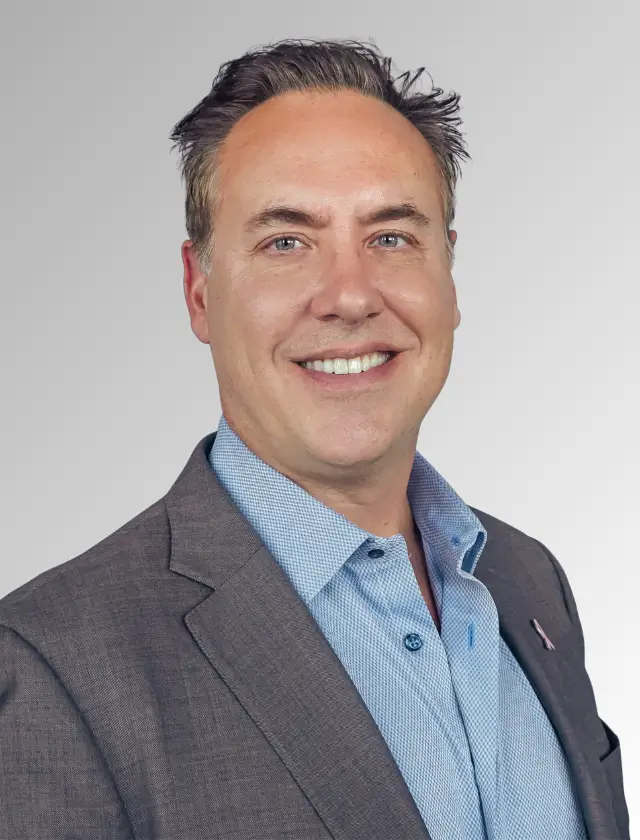
-1.jpeg)
